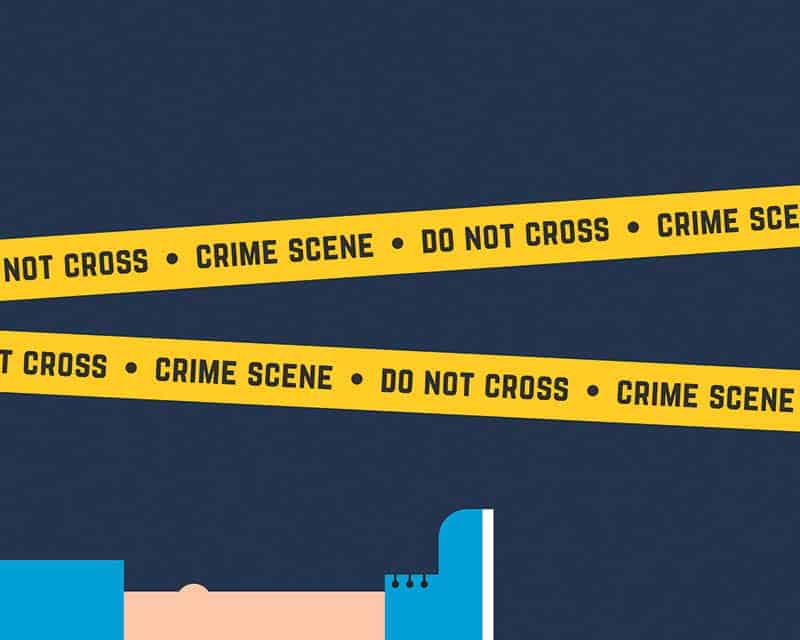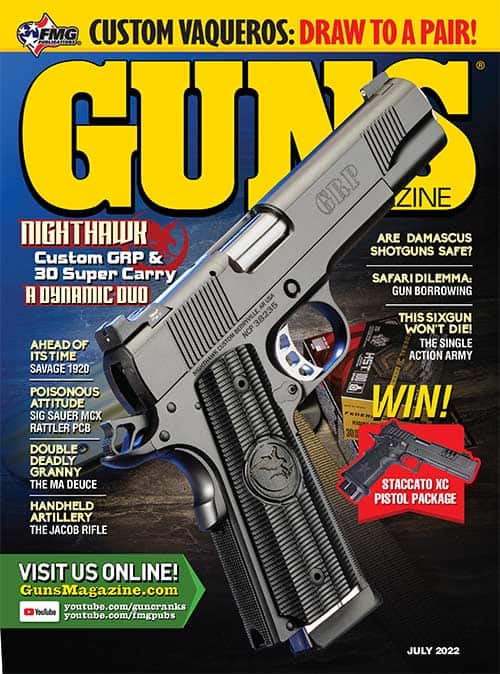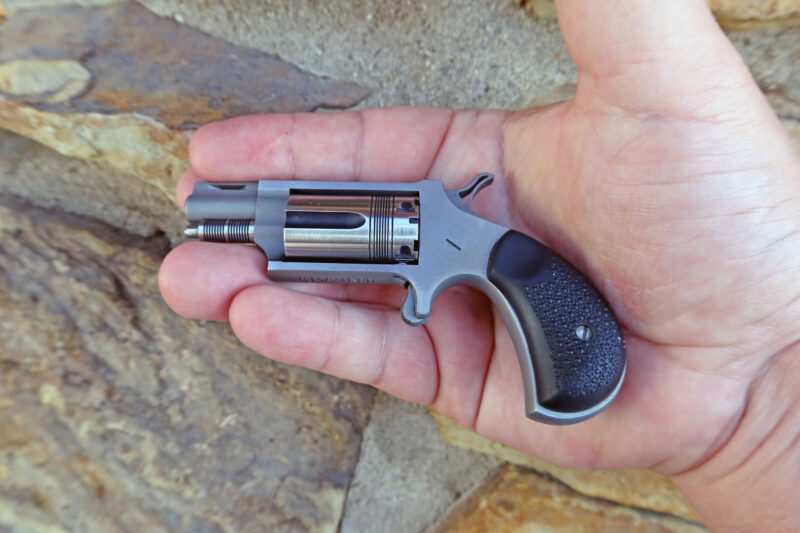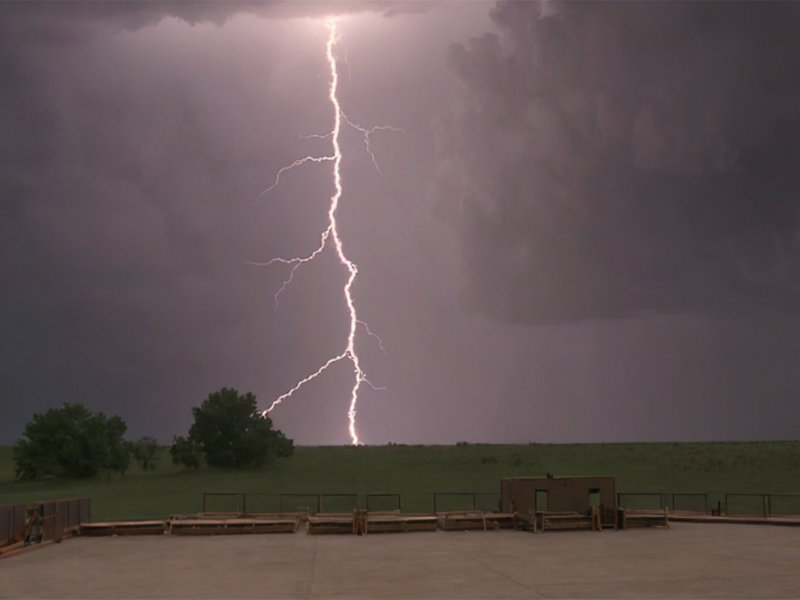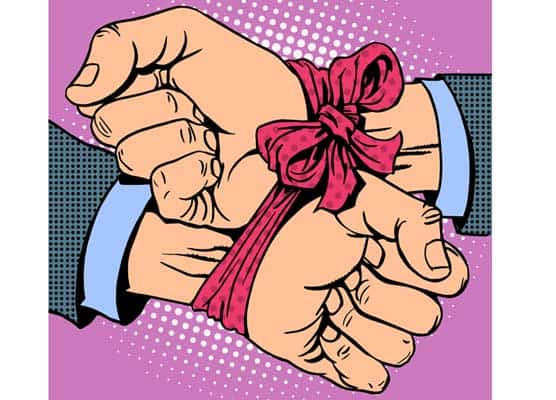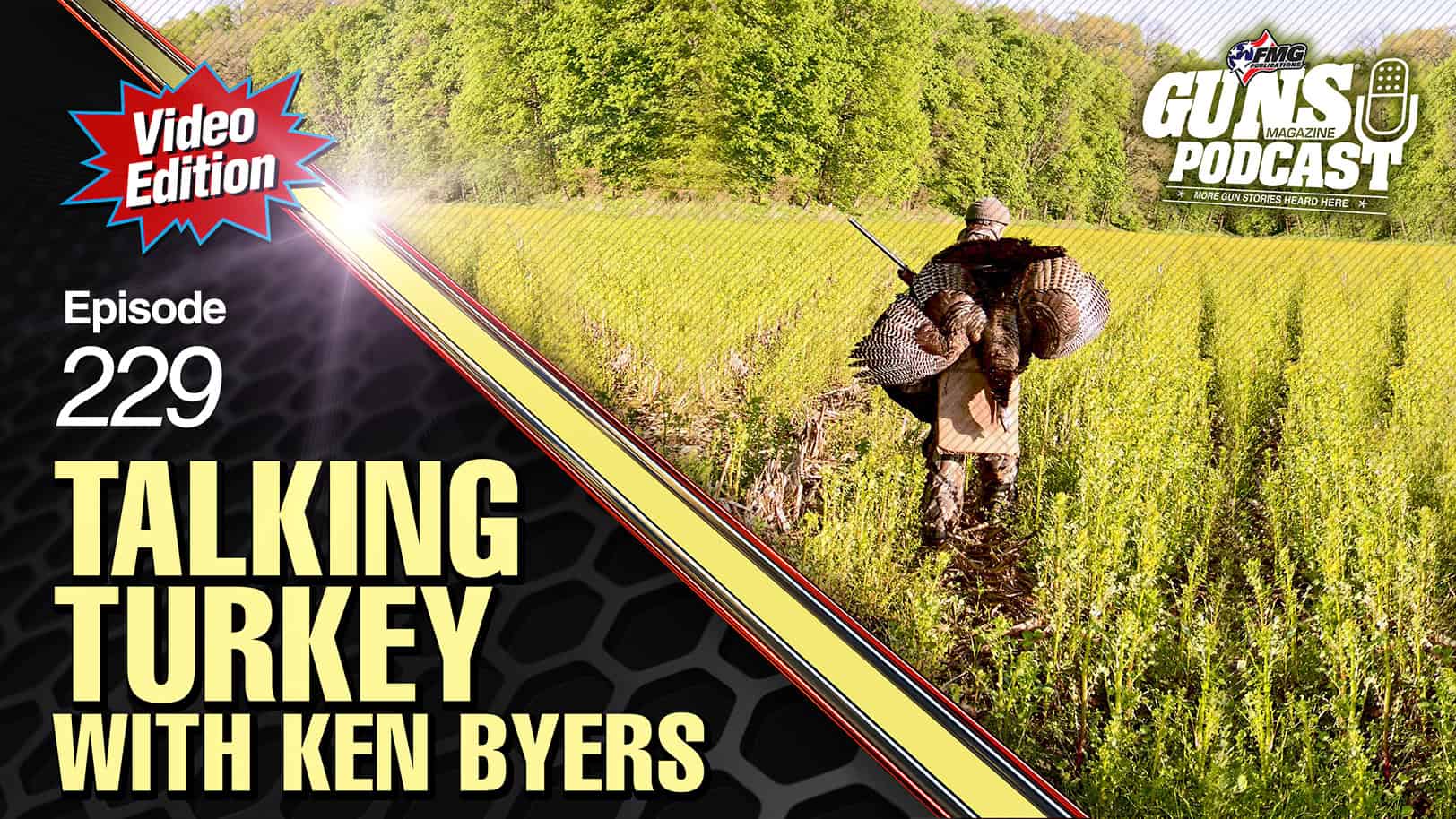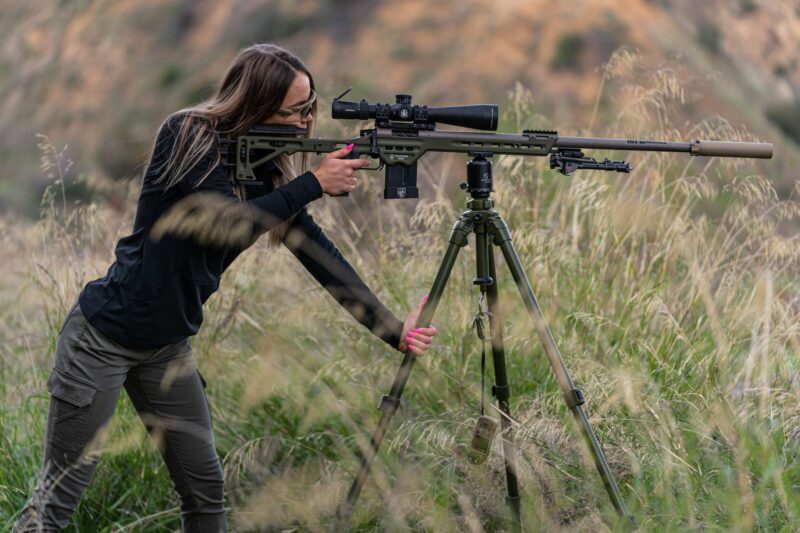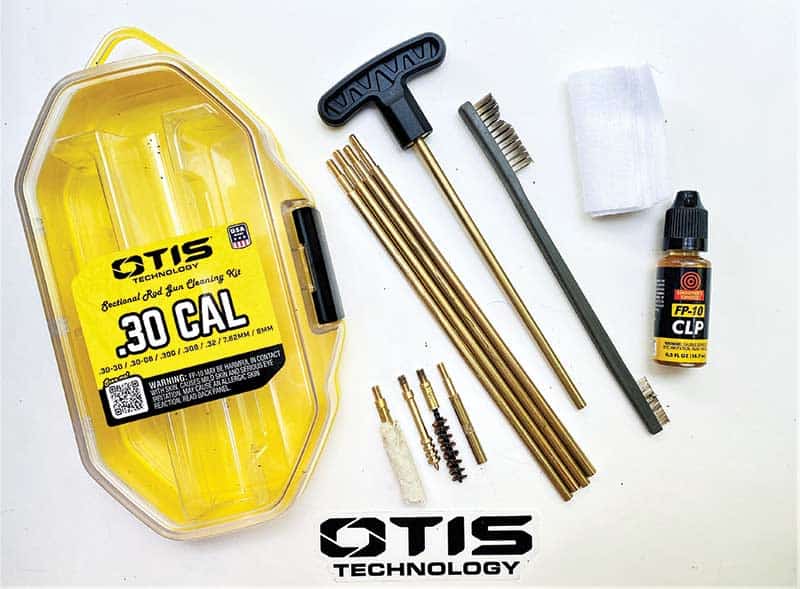Are you suspect or victim?
A post-shooting strategy that works
We’re the good guys, right? We work hard, we try to save money and always treat our families, neighbors and assorted acquaintances with kindness and charity. We never intentionally violate the law, we always — mostly, anyway — signal our turns and don’t kick puppies or throw slugs into the poor relief box. It should be obvious to anyone we collectively stand for Truth, Justice and the American Way (insert sound of fireworks, apple pie baking and a Chevrolet accelerating).
However, there is one thing most folks haven’t considered because it’s so obvious to them — after a self-defense shooting, will the police consider you a suspect or a victim? If you think this isn’t an important distinction, you are profoundly wrong.
There are lots of what we will politely refer to as Horse Dumplings going around about citizen behavior after a self-defense shooting. Seldom do I hear the people who actually handle these things for a living — police, prosecutors and judges — sharing their views. Sure, defense attorneys will offer their opinions, but they seldom show up at the actual scene of the event. Thus, while they have a great handle on the courtroom criminal and civil proceedings, they’re not especially experienced standing around at 3 a.m. over a pile of bloody medical debris or a chalk outline. The scene is where the entire tone of the event is initially set and where you can personally — hopefully — make a difference in the outcome.
Food For Thought
Let’s consider what happens when there is a citizen self-defense shooting in the U.S.
After the gunfire has died down, lots of folks with guns, badges and legal authority are going to arrive in a cloud of dust with sirens blaring. Assuming you don’t also get shot by responding police — always a big concern — everyone will be initially handcuffed until things have stabilized.
Then the investigation starts. Those first few minutes of legal probe determine the initial direction of the case and thus can be critical as to how you spend the next several decades of your life.
Here’s the basic problem — speaking from 30 years of wearing a badge, cops pretty much put everyone in the world into three general categories: suspects, victims and witnesses.
Witnesses are an extra-large can of worms unto themselves, while victims generally are granted automatic sympathy even if it is sometimes undeserved. Suspects, however, are generally considered lower than pond scum and reality TV stars put together so the investigators operate from this (often unconscious) bias.
This is why you want to be considered a victim if ever involved in a gunfight. Let me say it a second time to highlight the critical importance of this concept — you want to be lumped squarely into the victim category and thereby garner all the appurtenances, benefits and compensations contained therein.
Never What It Seems
Consider this from the standpoint of law enforcement: Cops rarely investigate “good” shootings. In the vast majority of cases, troublemakers shoot troublemakers or innocent victims get shot by criminals. This means nearly every time the police deal with gunfire, the person pulling the trigger is a bad guy.
If your marksmanship was good and the red gods smiled in your favor, there might only be one version of events — yours. In this case, the cops would be naïve to accept things at face value so don’t be surprised if they don’t initially greet your story as the One and True Gospel.
Even if your shooting was off and the aggressor is alive and talking, cops rarely hear statements like, “Yeah, I was trying to rob that guy at knifepoint and he pulled a gun and shot me twice in the gut. Man, I totally deserved it, too! Go ahead and throw me in prison for 10 years.”
These are some examples of why the authorities are predisposed to consider you a bad guy when you use a firearm. Therefore, your newly assigned job is to act in a way that convinces investigators, and later prosecutors, a judge and jury you are a “legit” citizen who simply exercised his or her God-given right of self-defense in a legal fashion after being threatened with serious bodily harm.
A great way to accomplish this mission is by acting like a victim.
How is this done? For starters, every attorney will give the stock advice of “stay silent.” In fact, telling the client to “Shut yer yap!” is one of the first things they learn in lawyering school.
However, remaining tight-lipped and therefore “uncooperative” when asked simple questions, mumbling only “I want my attorney,” is guaranteed to make you look guilty of something heinous. Professional bad guys always clam up and demand their mouthpiece when caught, which is why mimicking their actions is sub-optimal if you didn’t do anything wrong.
Choices To Make
This is a matter of degrees. I’m not saying you should share everything in your life since fifth grade and throw your Fifth Amendment rights into the sewer, but during initial questioning there are ways to help keep the cops on your side without saying something you’ll later regret in court.
Consider doing the same thing many police officers are required to do after a shooting: Make a “public safety statement.” This isn’t a full-blown walkthrough of the event including every thought and action on your part, but a concise synopsis of your general actions. Of course, the detectives and investigators want to hear every tiny detail, including what you had for dinner the previous two nights, but this is where you can reasonably fall back to, “I’m really upset and I don’t remember everything clearly. I’d be happy to meet with you a little later and give a full statement, but I need to speak with my attorney. I hope you understand.”
They won’t, because they want things wrapped up before shift change, but they also know you’re being smart. The later statement should have your attorney in attendance to make sure things don’t get too far out into left field. Ideally, it should be a day or two later so you have time to collect your wits after an incredibly stressful event.
When talking to investigators the key is to be polite, cooperative and believable, while not over-sharing and hurting your legal cause. Even if you don’t feel like being nice to the cops, a cooperative — but internally wary — approach just might get you freed from custody pending a grand jury review rather than semi-permanent jail residence while they decide which category you fall into.
The problem with being cooperative is that, after a major traumatic event, we tend to spout off at the mouth and babble uncontrollably, often saying things we regret. This is why lawyers tell you to just keep quiet whenever questioned by police. However, if you buy into this idea of victim vs. suspect, I believe offering a bit of generalized insight at the scene about your actions isn’t likely to get you into any further hot water and might in fact help your cause.
Results May Vary
I acknowledge this strategy won’t help in every case but it’s a darn sight better than just planning to shout, “Go pound sand! I want my lawyer!” after a shooting. Such an attitude will put your name into the “SUSPECT” block of the report before they even put you into the back of a squad car for further interrogation “downtown.”
Of course, cops, investigators and situations run the full gamut so if things appear to be headed in an unpleasant direction for you, politely assert your rights, request an attorney and then zip your lips.
While this whole idea of moderate cooperation seems considerably more challenging than remaining silent, the potential benefits far outweigh the drawbacks. Besides, it’s often been pointed out carrying a firearm should be a thinking-person’s occupation. My hope is if you were cool enough to win a gun battle, you are cool enough to answer a few basic questions and keep the justice system firmly on your side.
Besides, everybody else is saying it nowadays, so we might as well join them once in the popular modern refrain — “I’m a victim!”
